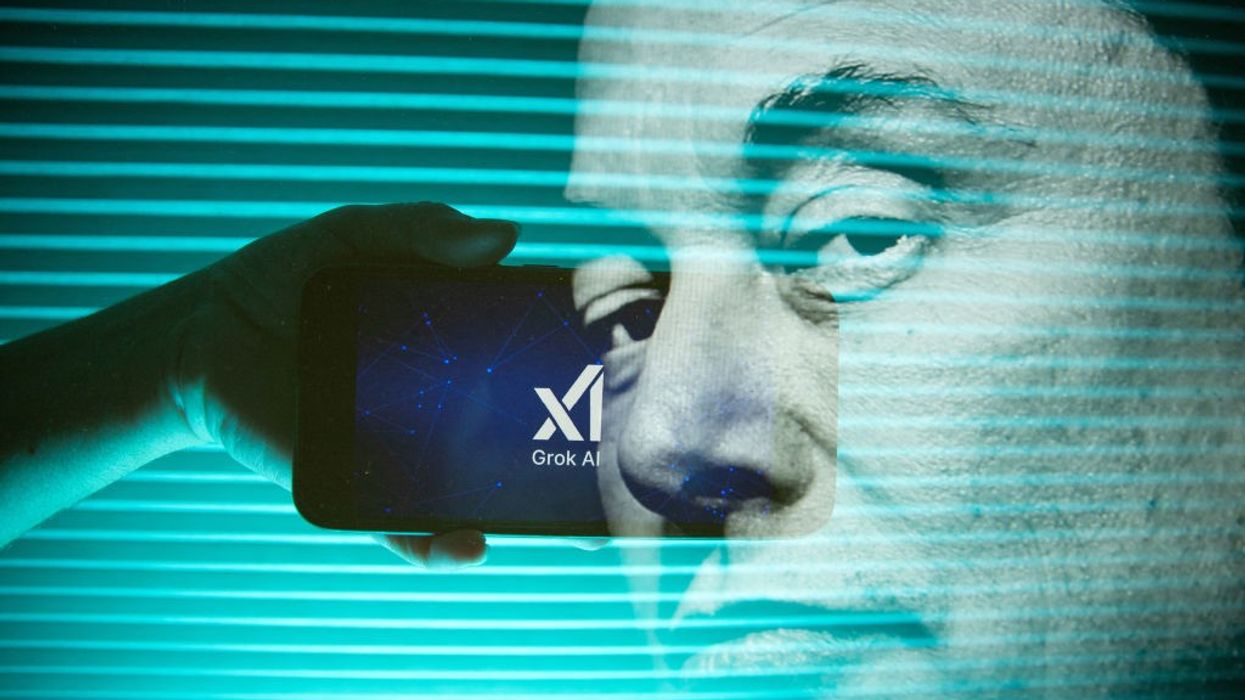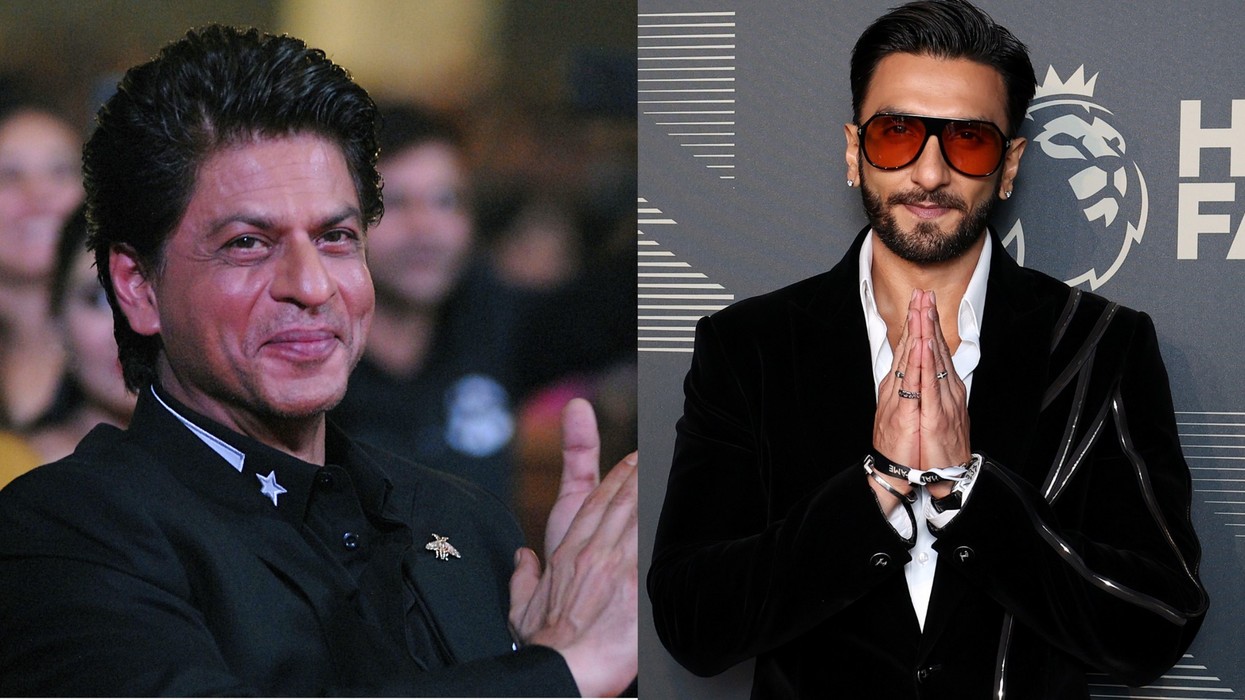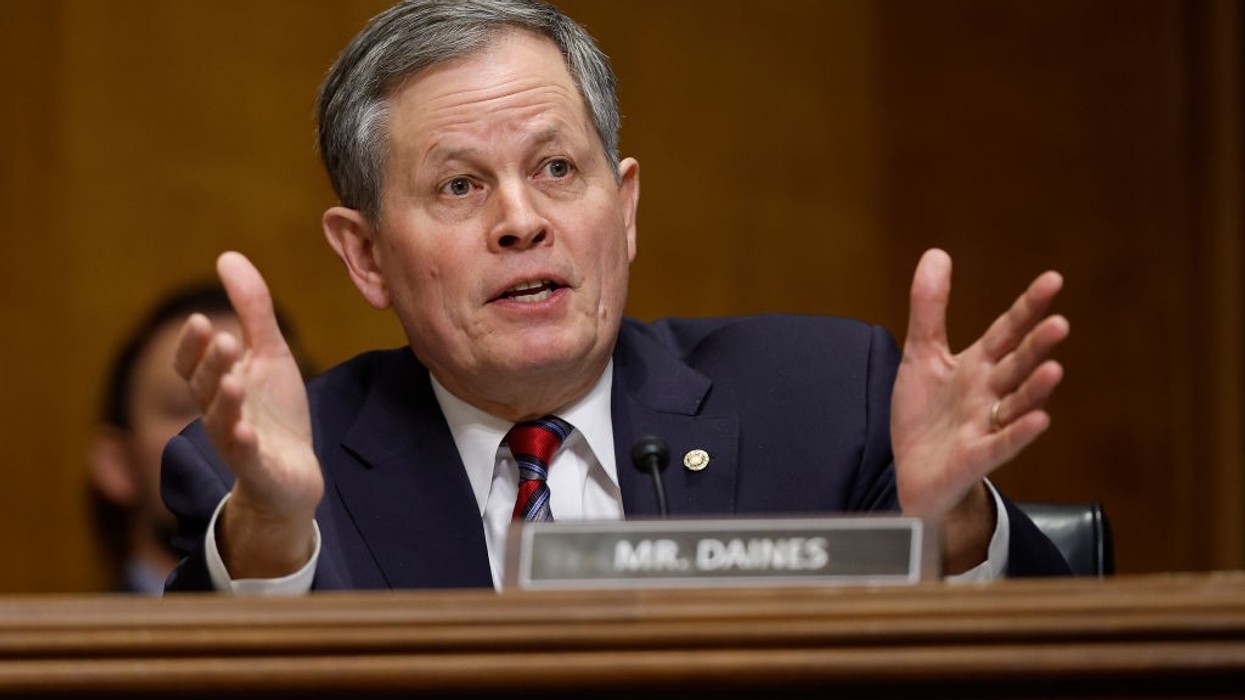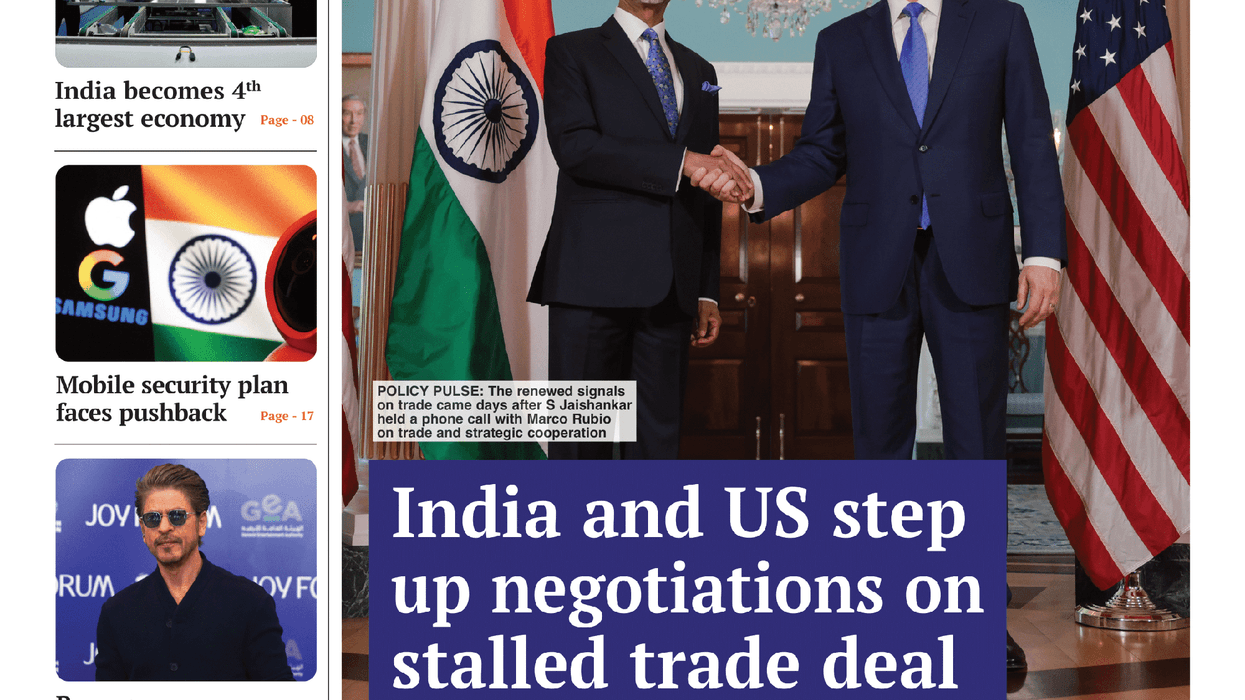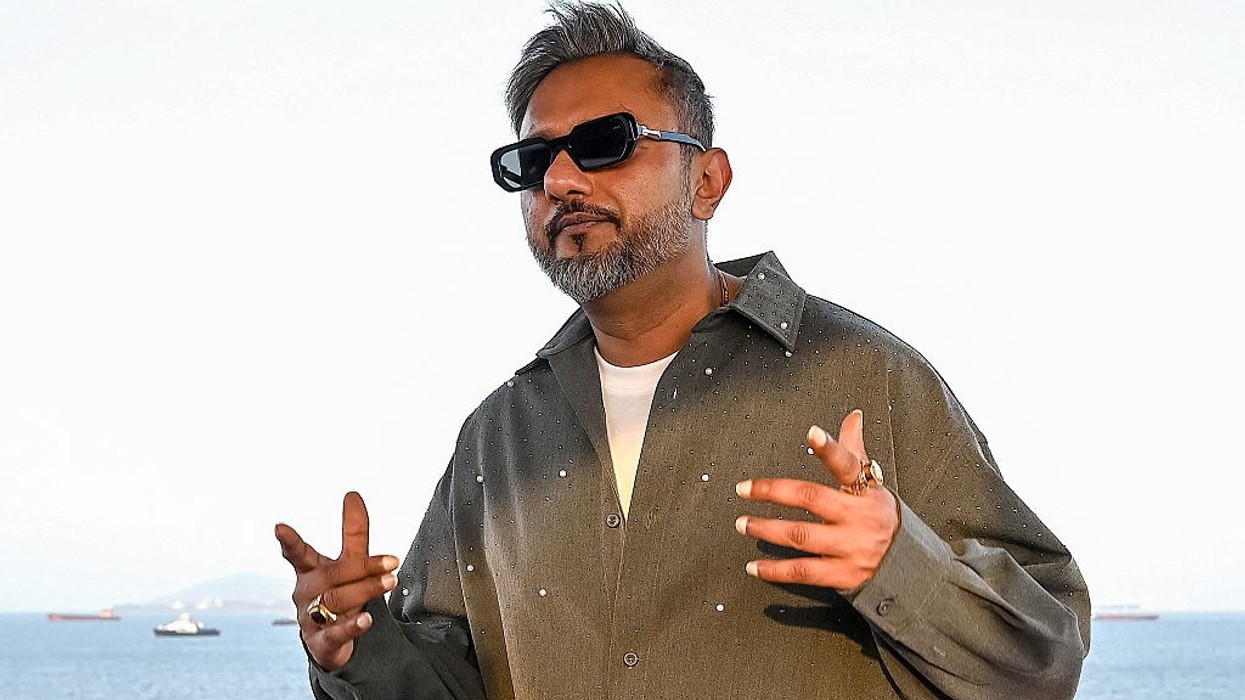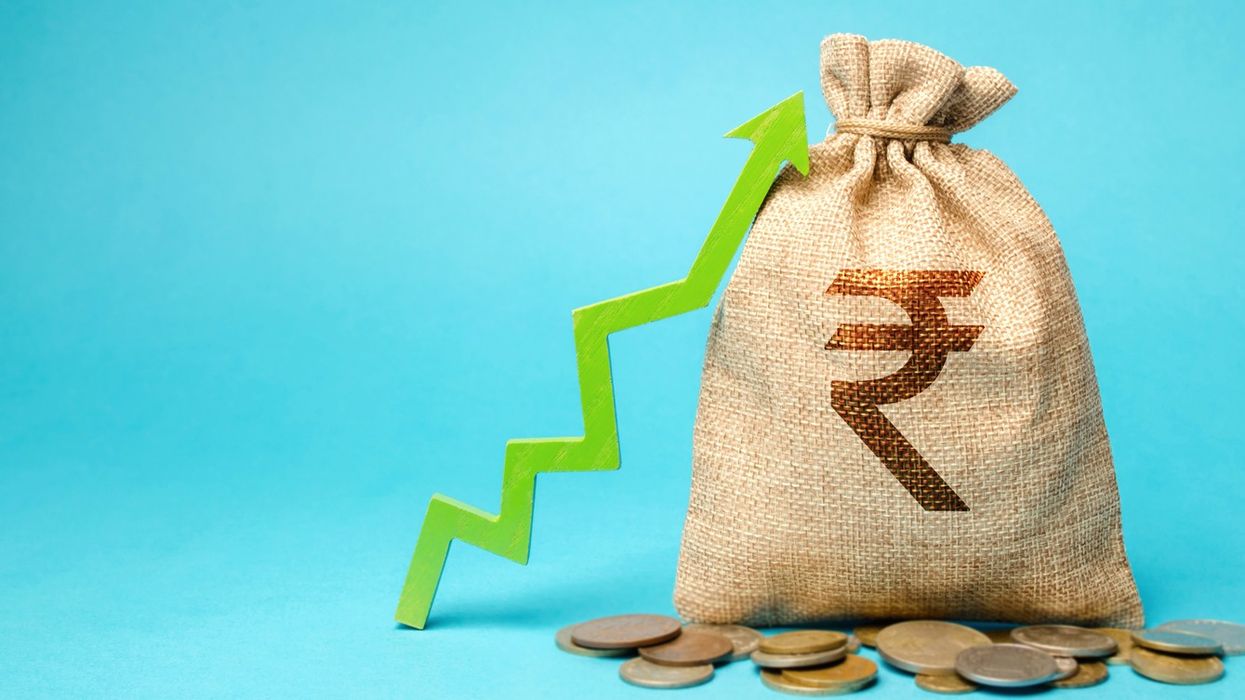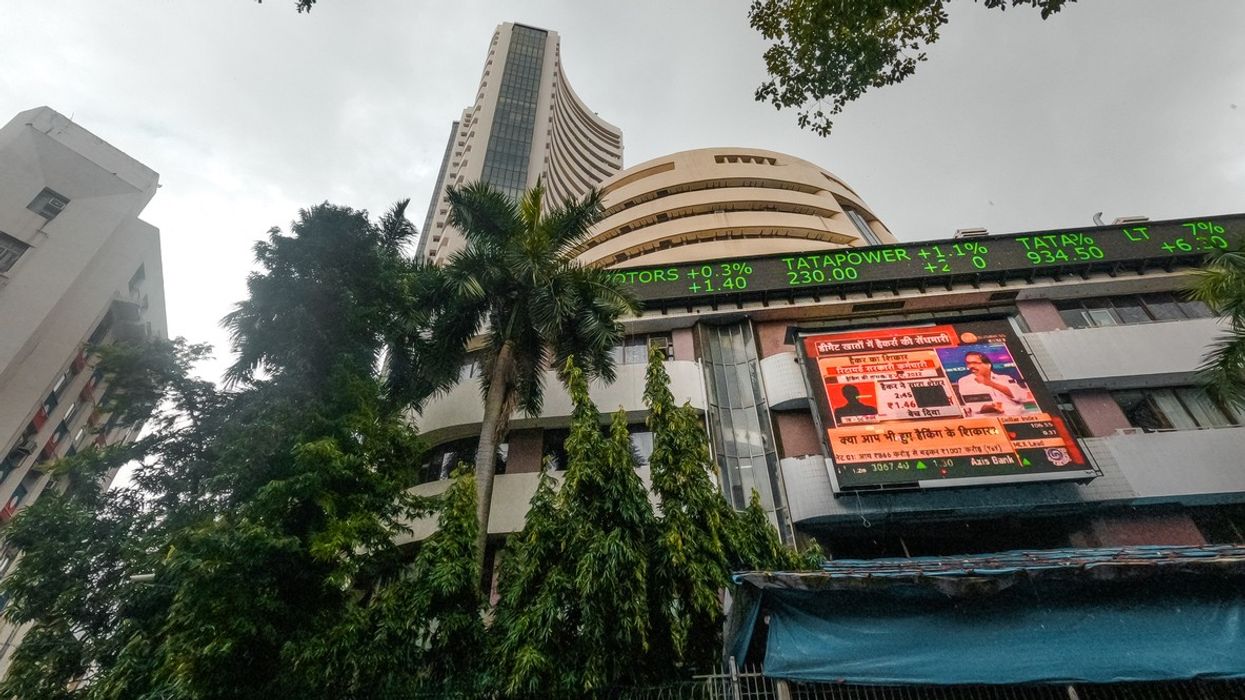Highlights:
- xAI accuses Apple and OpenAI of conspiring to restrict AI competition.
- Lawsuit claims Apple’s exclusive OpenAI deal sidelines xAI’s Grok app.
- Musk says Apple refuses to promote Grok despite top ratings.
- xAI demands billions in damages from Apple and OpenAI.
- Case could shape future antitrust litigation in the AI industry.
Elon Musk’s artificial intelligence startup, xAI, has filed a lawsuit against tech giants Apple and OpenAI in a federal court in Texas, accusing them of conspiring to monopolize the AI market and suppress competition. The complaint alleges that Apple and OpenAI have worked together to maintain their dominance by limiting visibility and access for competing AI products like xAI’s Grok chatbot and the social media platform X in Apple’s App Store.
Allegations of market monopolization and collusion
The lawsuit, filed on August 25, 2025, claims that through an exclusive partnership, Apple has integrated OpenAI's ChatGPT into its iPhones, iPads, and Macs, effectively giving ChatGPT a monopoly position on Apple devices while sidelining other AI competitors. xAI argues that “If not for its exclusive deal with OpenAI, Apple would have no reason to limit the prominence of the X app and the Grok app in its App Store listings.”
xAI is seeking billions of dollars in alleged damages and a legal injunction to prevent Apple and OpenAI from continuing what it calls anti-competitive practices. According to the lawsuit, Apple deprioritizes competing AI apps in its rankings and excludes them from sections like the “Must-Have Apps” list, even when those apps have high user ratings and reviews.
Responses from Apple and OpenAI
OpenAI responded to the lawsuit by characterizing it as part of Elon Musk’s “ongoing pattern of harassment.” Apple has not issued a formal statement regarding the case. Elon Musk himself took to his social media platform X to reiterate the allegations, pointing out that despite millions of positive reviews for Grok, Apple refuses to highlight it in the App Store.
Musk previously threatened legal action against Apple in early August, accusing the company of making it impossible for any AI company other than OpenAI to reach the number one spot in the App Store. Apple's exclusive partnership with OpenAI, announced in 2024, allows ChatGPT’s integration into Apple’s voice assistant, Siri, and other system features, significantly enhancing its user base.
Broader implications for the AI market and antitrust law
The lawsuit represents a significant legal test case on competition issues in the emerging AI ecosystem. Legal experts note that Apple’s dominant position in the smartphone market—controlling about 65 per cent of the US market share—may bolster xAI’s claims of monopolistic behavior. However, Apple is expected to defend its partnership as a legitimate business decision based on operational and security considerations.
This case also raises an important question for US courts: how to define market boundaries in AI and how antitrust laws apply to rapidly evolving technology platforms. According to legal scholars, the lawsuit could be a “canary in the coal mine” for future antitrust litigation regarding AI companies competing in overlapping markets.
Musk’s ongoing legal battles in the AI industry
This legal action is part of Elon Musk’s broader pushback against OpenAI, which he co-founded in 2015 but left in 2018. Musk has separately sued OpenAI and its CEO Sam Altman over the company’s shift from a nonprofit to a for-profit model, arguing it violates the original mission. xAI itself was launched less than two years ago and is positioned as a key challenger to OpenAI, as well as emerging Chinese AI startups.
The lawsuit signals Musk’s determination to remain a major contender in the AI space by both fighting regulatory battles and expanding his AI ambitions through xAI and his social media platform X, which now incorporates Grok chatbot technology.
This unfolding legal dispute highlights the fierce competition at the forefront of AI development and the complex intersection of technological innovation and antitrust regulation. The outcomes of this case may shape the market dynamics of AI and the extent to which dominant players can leverage platform control to influence competition.
